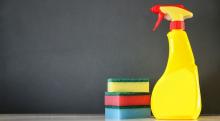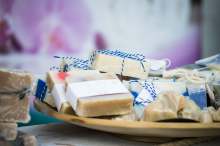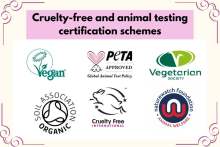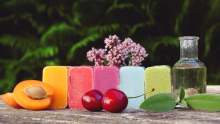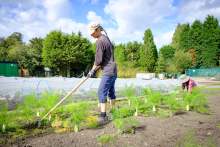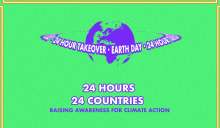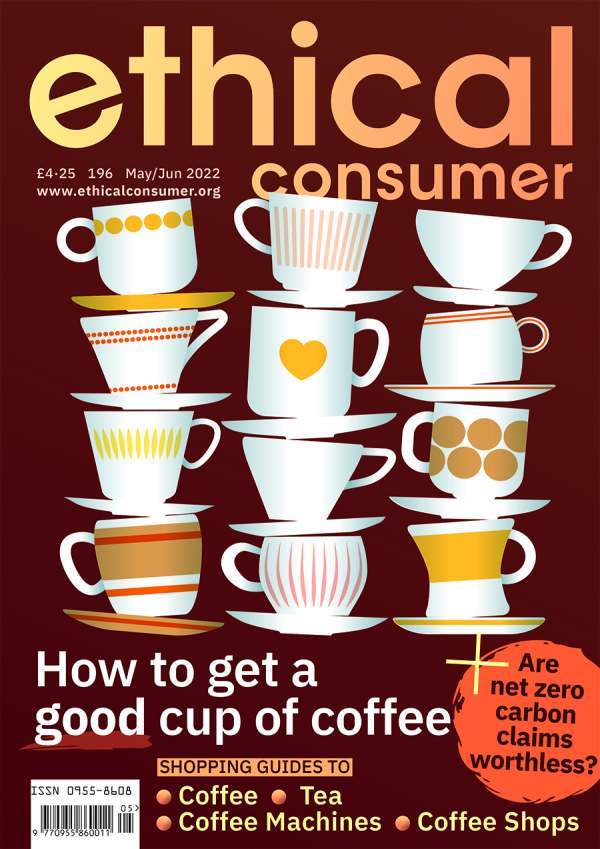Eco-friendly bathroom products
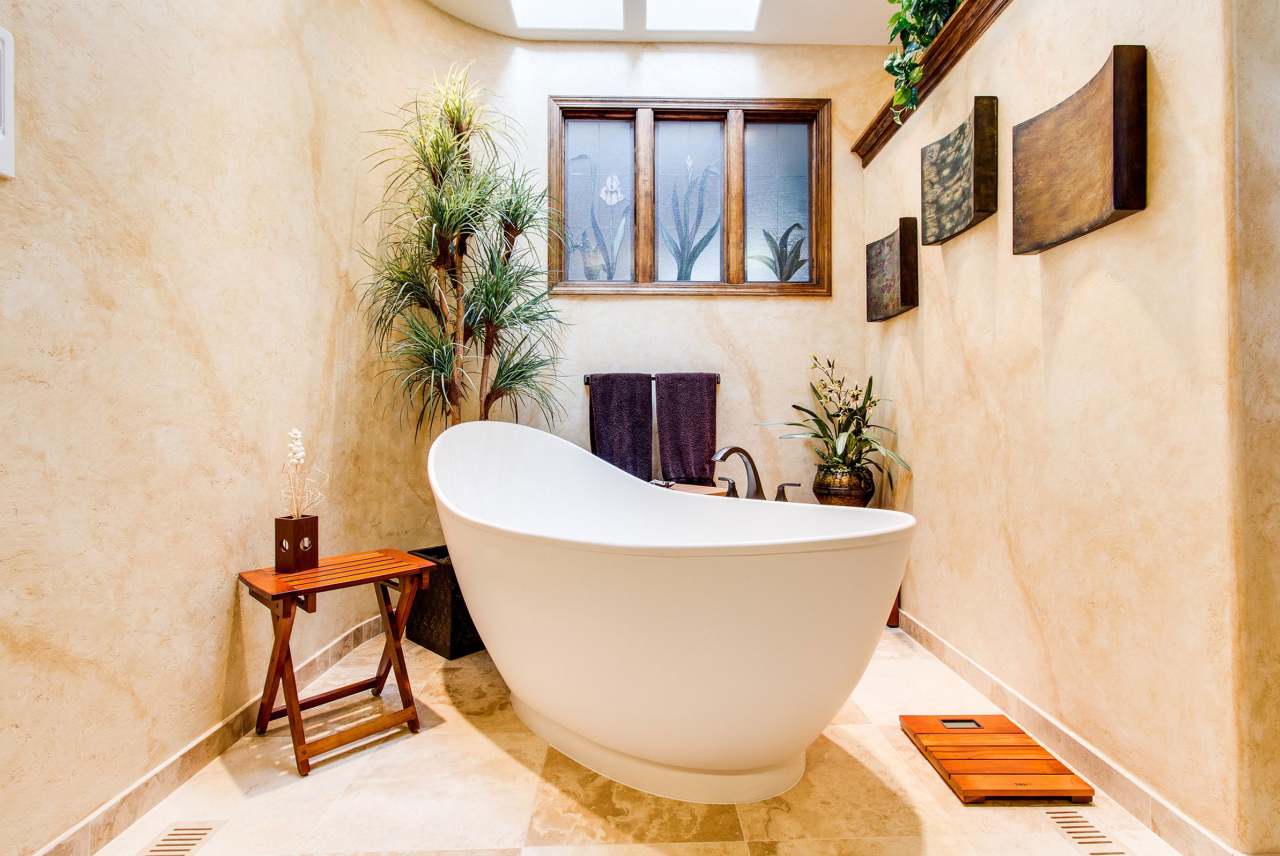
Finding eco-friendly bathroom products can be a challenge but we aim to make it much easier with this simple guide.
We help you avoid plastic packaging, palm oil and toxic chemicals and help ensure you are buying from more ethical companies.
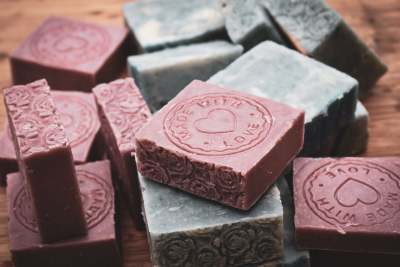
As we say in our ethical shopping guide for soap, simply making the switch to solid bars and leaving behind liquid cleanser is the simplest way to cut out plastic waste.
Sometimes body and hand washes contain animal fats as well as other animal products like honey or milk. Unless this is sustainably sourced it's worth choosing a vegan product. Also aim to avoid palm oil to lessen impact on forests and fight climate change.
Handmade soap is also a great idea! There are plenty of tutorials that show you how to do this on Youtube.
A bit about the companies…
We found that there were several ethical companies in the soap sector. Our Best Buy brands Lucy Bee, Friendly Soap, Bentley Organics and Caurnie soaps all sell vegan and palm oil free soap bars.
On top of this, there are many ethical liquid soap brands that are vegan and palm oil free, for instance Bio-D, Conscious Skincare and Odylique. Bio-D retails 5 litre containers of its sanitising hand wash to help you save on plastic waste.
Odylique, Conscious Skincare, and Pure Nuff, are all palm oil free. See our list of soaps without palm oil for more palm oil free brands, and to see which companies scored a Best rating for their palm oil policy.
Check out our guide to shower gel to see which brands score well in that sector.
Shampoo
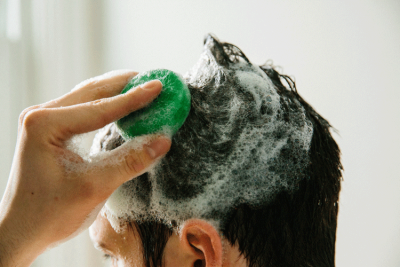
Whilst the most popular hair care companies spend millions on advertising in the UK, they make comparatively little effort to keep toxic chemicals such as parabens and phthalates out of their products.
We’ve seen huge improvements in brands’ toxics policies in the last five years, but the fight is not over so for this reason you should look to buy organic in this area.
You should also look out for the Leaping Bunny label to ensure that your shampoo is certified cruelty free. Lots of shampoo brands are owned by cosmetics companies that test on animals.
Above everything, for an ethical shampoo we would advise making your own and using a reusable container. If you find a solid shampoo bar that you like this is also preferable, but you may have to try a few to find one that suits as users report that some solid shampoos can leave an oily film in your hair.
A bit about the companies…
Lush and Friendly Soap both manufacture and sell solid shampoo bars.
Companies in our guide to shampoo received a worst rating for their toxics policies if they used all three of the parabens, phthalates and triclosan in their brands or had no policy to avoid any of them. Superdrug is one of the worst offenders in this area.
We recommend that you avoid mainstream brands that continue to struggle on in this area and opt for an organic brand such as Conscious Skincare, Odylique, Bentley Organic, Green People, Neal’s Yard or Weleda. All of these Best Buy brands are also vegan.
Toothpaste
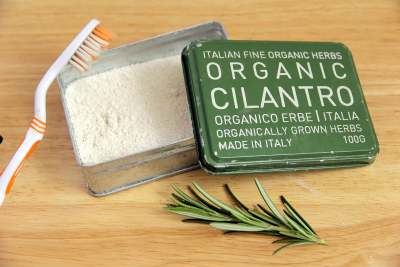
Most people associate mainstream toothpaste brands with clinical research and scientific expertise. However, toothpaste often contains chemical ingredients that might not want putting into waterways – or indeed in your mouth. However, as heavy marketing results, the majority of people do this twice a day, every day.
Toothpastes often contain parabens (hormone-mimicking preservatives), microbicides (antibacterial chemicals banned in some Scandinavian countries) and saccharin (a known carcinogen).
Conventional whitening toothpastes are particularly dodgy as they involve adding abrasives and bleaching agents such as silica, pyrophosphates, hydrogen peroxide or carbamide peroxide to the mix. Figure in micro beads and you have a recipe for environmental disaster.
Furthermore, Oral B, Colgate and Sensodyne are all owned by companies that test on animals. It’s a great shame that these companies’ pockets are lined every time someone buys a tube of toothpaste.
Luckily you can buy all natural and organic toothpastes. If you haven’t tried one of these before you might find the taste a bit strange, but Paws and Pines suggests that this will pass quickly and will be well worth the wait.
Tooth powder is another ethical alternative. Studies have shown that they can be more effective at removing plaque than toothpaste. The majority of tooth powders are all natural and organic and do not contain fluoride, making them non-toxic and safer for children.
Another benefit of tooth powder is that it’s lighter to transport than tubes of liquid paste and therefore better for the environment in terms of carbon emissions.
Finally, powder is a great way to avoid palm oil which is usually used as a dispersant in toothpaste. This makes palm oil free toothpaste pretty difficult to find.
If you really want to go back to basics and save some money while you’re at it you can always make your own eco-friendly toothpaste. All you need is baking soda, water and essential oils for flavouring.
A bit about the companies…
Green People appears to be one of the only brands to make palm oil free toothpaste. Furthermore, only two toothpaste brands got a best rating for their palm oil policies in our guide to palm oil free toothpaste. These are A. Vogel and Lush, the latter of which also retails tooth tabs.
Eco toilet paper
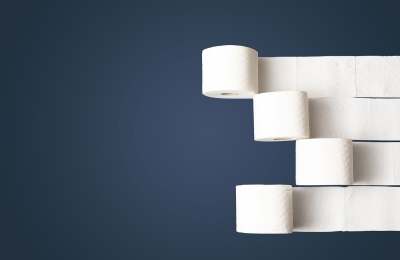
Just like wood furniture, the production of mainstream toilet paper involves cutting down virgin trees. The difference is that while wood furniture is built to last, toilet paper is both used and thrown away in an instance.
So if you’re up for avoiding toilet paper altogether and have the means to do so, we recommend that you install a bidet. Bidets use only 0.6 litres of water per use which is 280 times less than the amount used to produce a roll of toilet paper.
If you don’t quite have the means to make such a drastic change to your bathroom we recommend recycled, chlorine free toilet paper. Toilet paper made from recycled wood pulp uses half the water of that needed for the production of virgin pulp and obviously cuts out the deforestation. Our guide to toilet paper reveals some options in this area.
To find out which toilet paper brands source their bamboo sustainably head to our ethical shopping guide.
A bit about the companies…
We haven’t written an article ranking bidet brands but we recommend these above all else. If you can’t install one we recommend Who Gives A Crap, who make recycled and bamboo toilet paper and donate 50% of their profits to building toilets for those who lack proper access.
Eco toilet cleaner
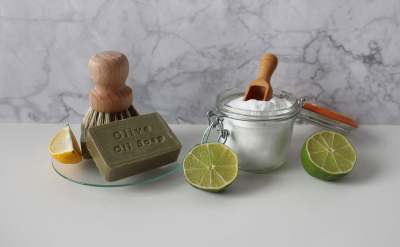
Toilet cleaner often contains toxic chemicals which are bad for the environment and for people’s health. Chlorine bleach is one of the most commonly used ingredients which can take centuries to decompose. Other issues with the toilet cleaner industry include widespread animal testing and palm oil.
Fortunately there are some all-natural solutions. One of them is borax substitute. This is an odourless mineral compound that can be used as a multi-purpose cleaner. Borax itself is not safe which is why a substitute is recommended in its place.
Our guide to toilet cleaner suggests that you pour a cup of borax substitute down the toilet and leave it to soak overnight. If something a little more heavy duty is required then borax substitute can be mixed with an acidic substance such as white vinegar or citric acid which is tougher on stains.
Making your own toilet cleaner like this or with bicarbonate of sofa means that you cut out carbon emissions from transporting heavy goods, save money and ditch plastic packaging if you use reusable glass bottles.
A bit about the companies…
There are several Best Buy brands in the toilet cleaner sector.
We recommend Lilly’s Eco Clean, Sonett, Ecozone, Astonish and Dri-Pak for making your own toilet cleaner, however there are six best buys for ready to use toilet cleaner in our guide.
Greenscents, Bentley Organics, and Sodasan were the organic options of the high-scoring bunch, whereas Bio-D, Ecoleaf and Earth Friendly Products all do well in our animal rights category. Earth Friendly Products receives a special mention for being a palm oil free company.
Ethical cleaning brands Bio-D and Ecoleaf also received our Best Buy certification. To see where they scored well and to make a more informed choice head to our ethical shopping guide for toilet cleaner.
Sunscreens
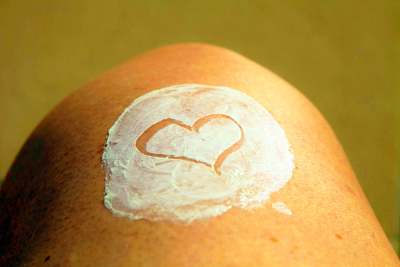
If you live in the UK your sunscreen probably sits in your cupboard for 90% of the year, but it's important to avoid chemical sunscreens for your health and for biodiversity. This is particularly important for sunscreen use before a swim in the sea.
This year Palau became the first country to ban sunscreens containing chemicals harmful to animals. Hawaii has passed laws to do the same in January 2021.
The toxic chemical oxybenzone has been documented to deform and kill coral reefs, to change the sex of adult male fish with developmental defects, and to harm shrimp, sea urchins, scallops, mussels and marine algae.
Research in the past has concluded that oxybenzone poses no health risk for humans however new studies by the FDA in America have found that this chemical and three other sunscreen ingredients are absorbed into the bloodstream in significant amounts. They also accumulate over days of use.
Whilst this does not determine that all sunscreen ingredients are a danger, the FDA has asked for safety data on 12 common ingredients. Until evidence is certain in either direction we say that it's better to be safe than sorry - there are plenty of eco-friendly and organic sunscreens on the market.
A bit about the companies…
Odylique sunscreen is our best recommendation given that it is both organic and palm oil free. Additionally Neal’s Yard, Badger and Green People also offer organic sunscreens that scored highly in our rating system.
Fitting your bathroom
Furniture

The main measure of sustainability when it comes to furniture is the sourcing of the materials used to make
it.
Whilst wooden furniture production is a large cause of deforestation it lasts a lot longer than plastic furniture and therefore acts as an end to an endless cycle of consumption. It also doesn't use fossil fuels as an ingredient to make it.
Furthermore, trees absorb carbon as they grow, meaning that wood products essentially store carbon in the home and prevent it from entering the atmosphere. And as long as it’s not been treated with toxic chemicals, wood will naturally biodegrade when it comes to the end of its life.
Timber has the potential to be a fantastic sustainable material because it is natural, hardwearing, recyclable, and biodegradable. However, if timber is not sourced responsibly then it can contribute to the loss of the Earth’s forests, some of which are millions of years old.
The most sustainable timber is that which is recycled or reclaimed, so try to source this over virgin timber, if
possible. If you are buying virgin wood, try to buy local FSC-certified wood – if you are in the UK, this means trying to buy UK timber. If you can't find local FSC-certified wood, choose FSC-certified timber.
Do you have any tips for an eco-friendly bathroom? Feel free to tweet at us using our handle @EC_magazine
Free Issue
Sign up now to our email newsletter for a free digital copy of Ethical Consumer magazine.


